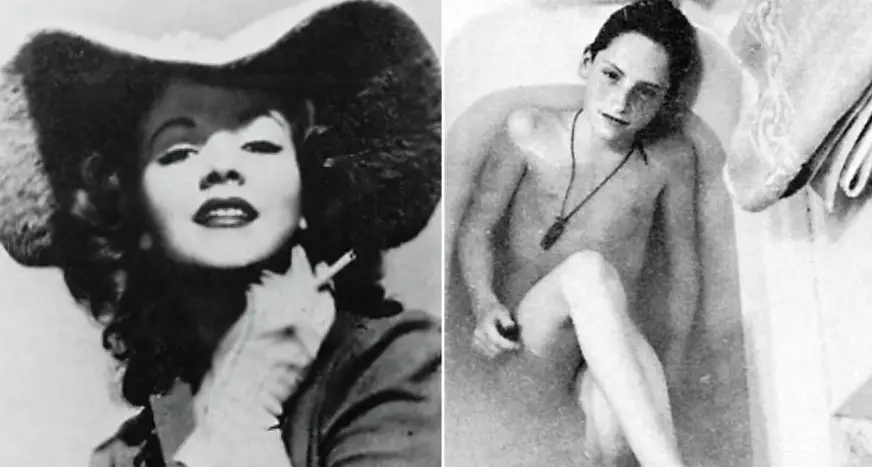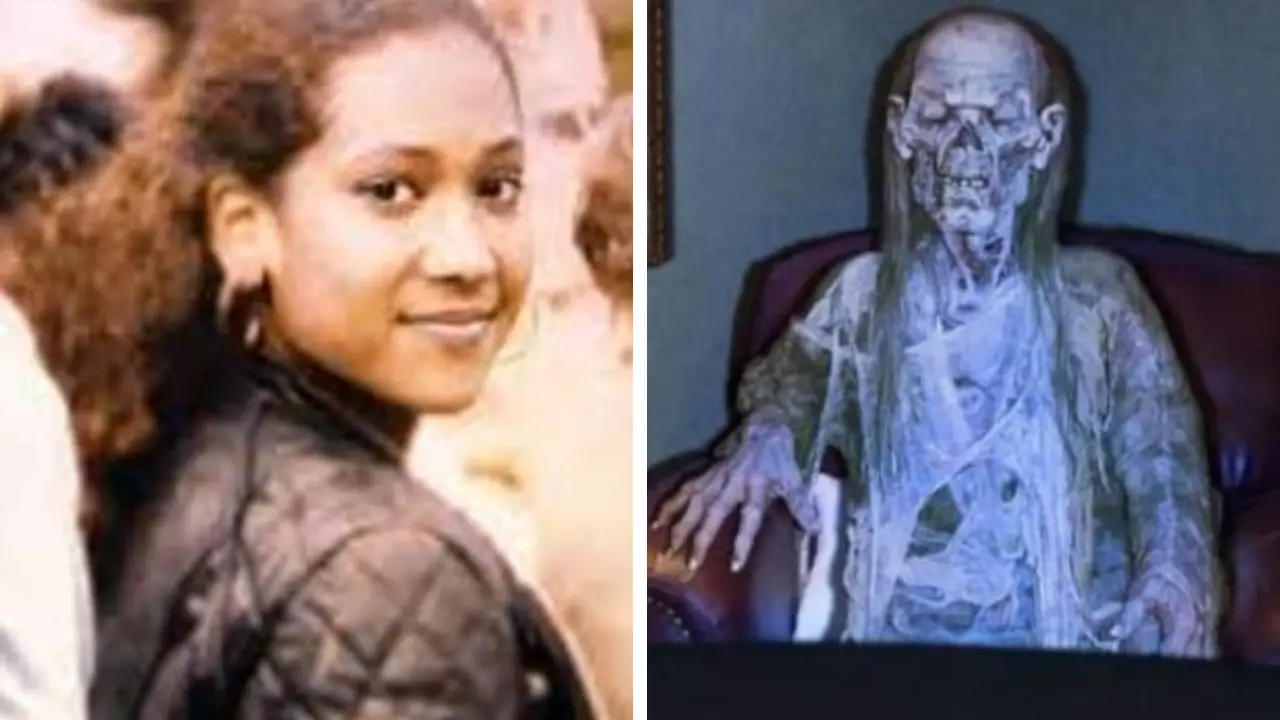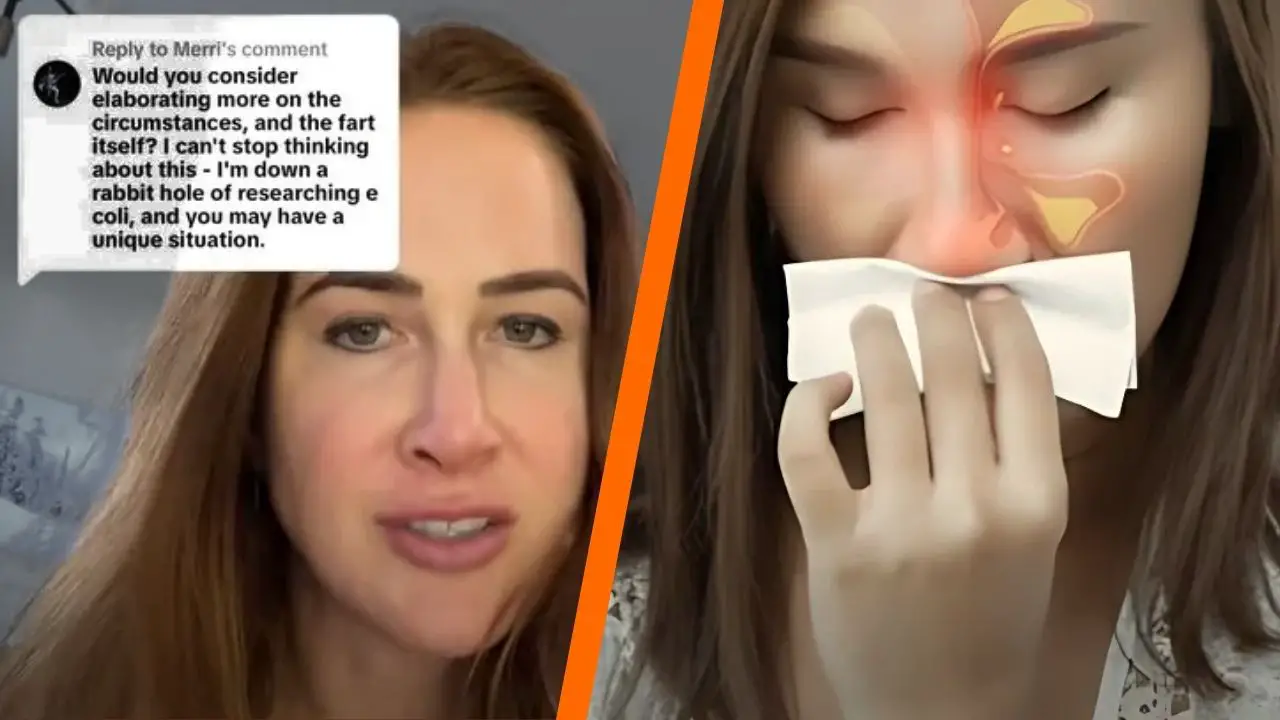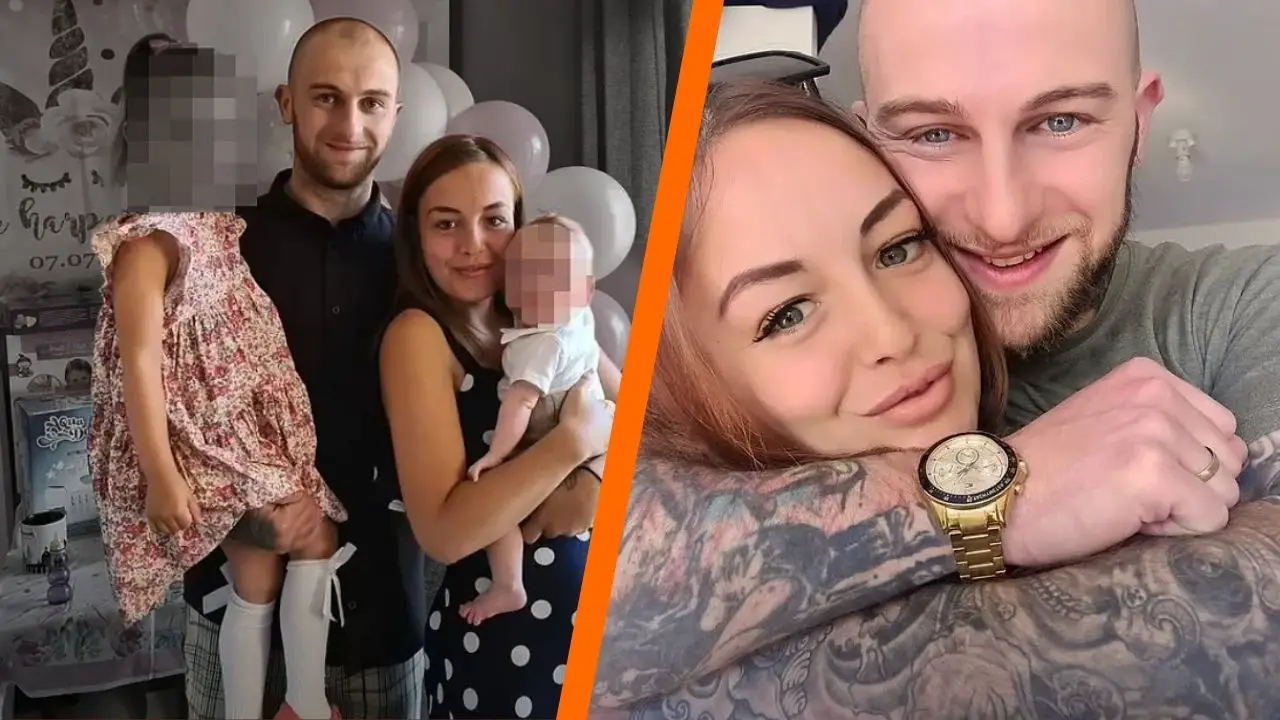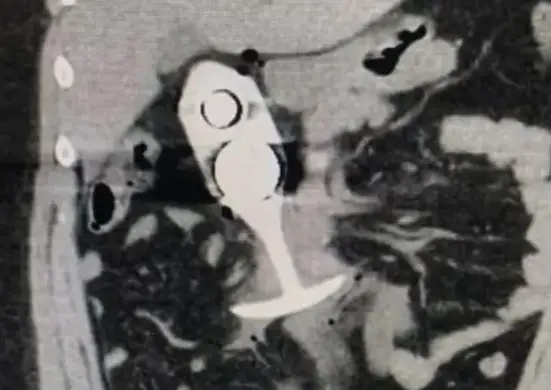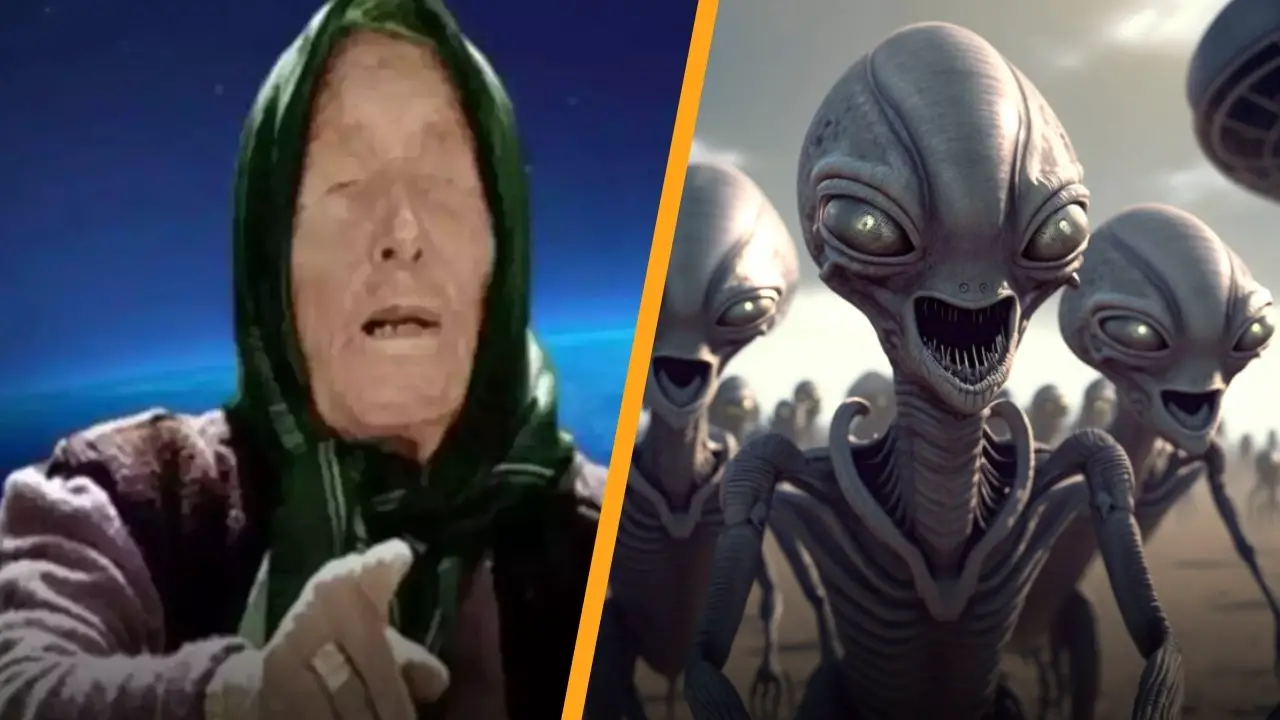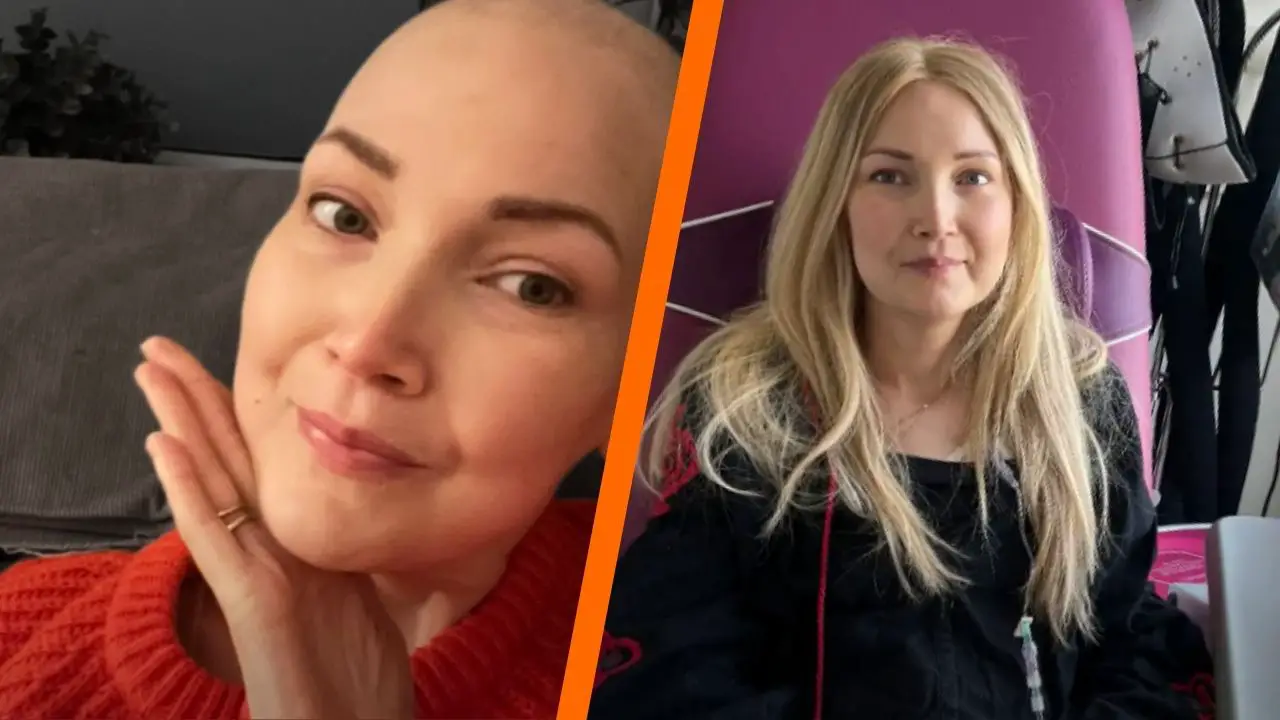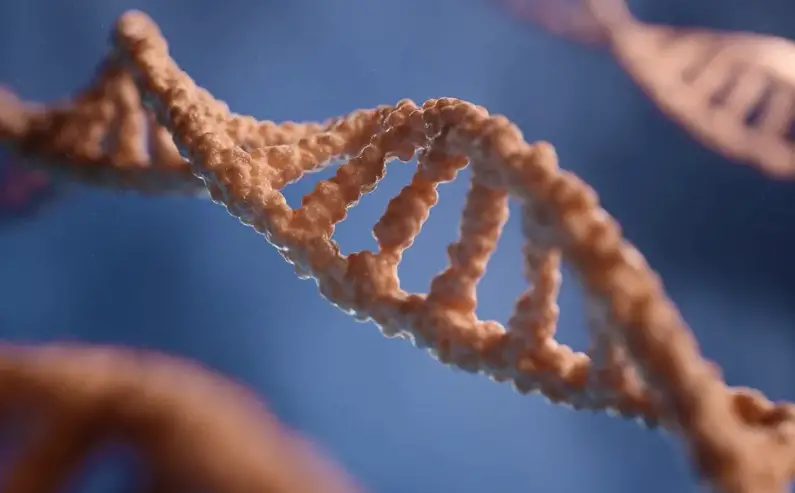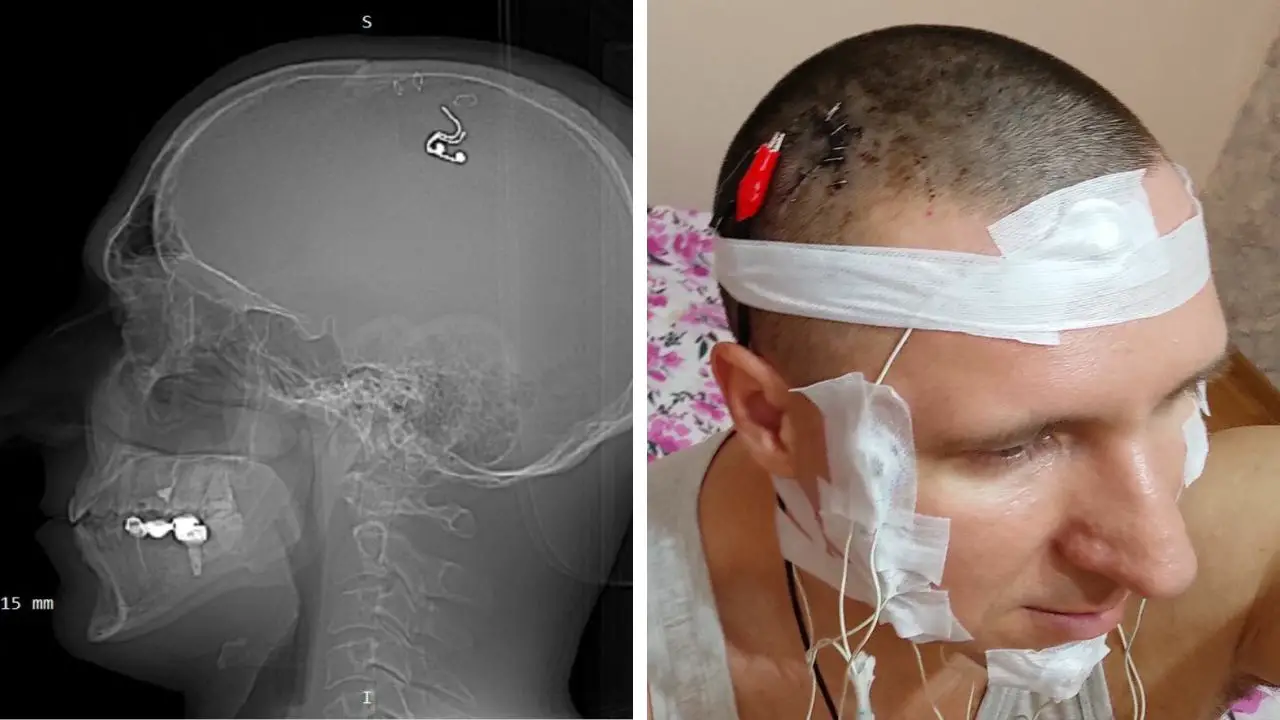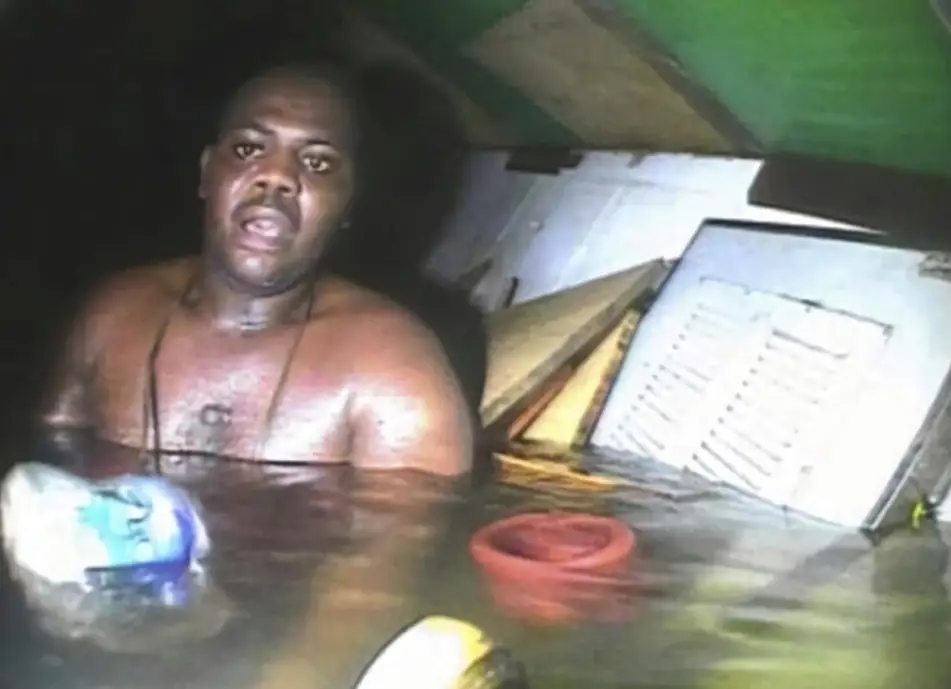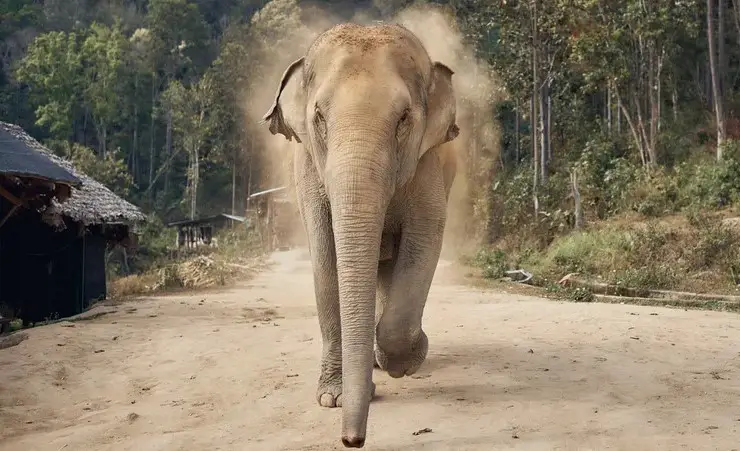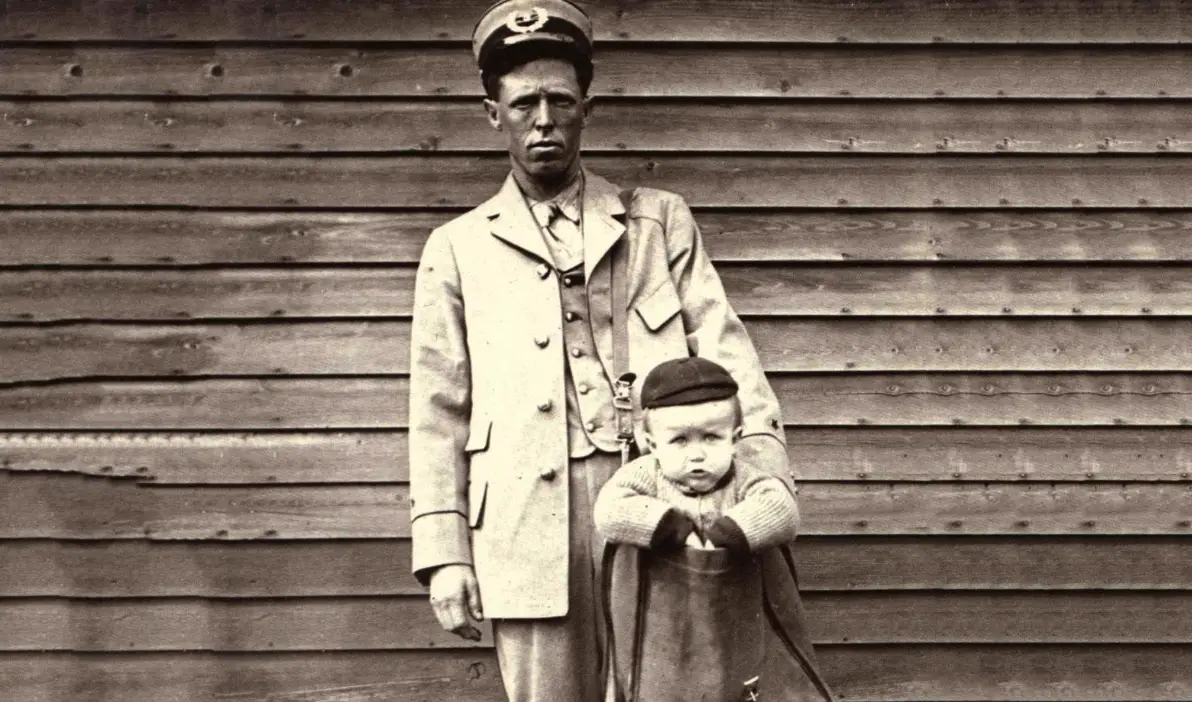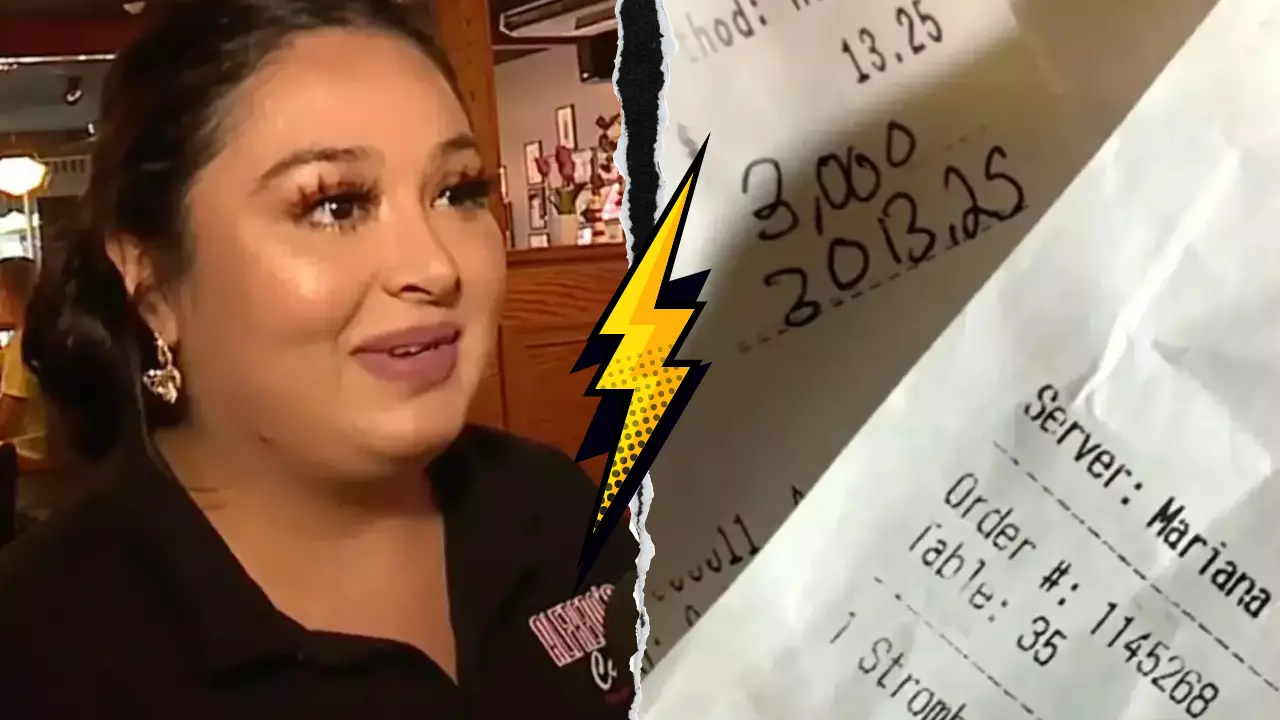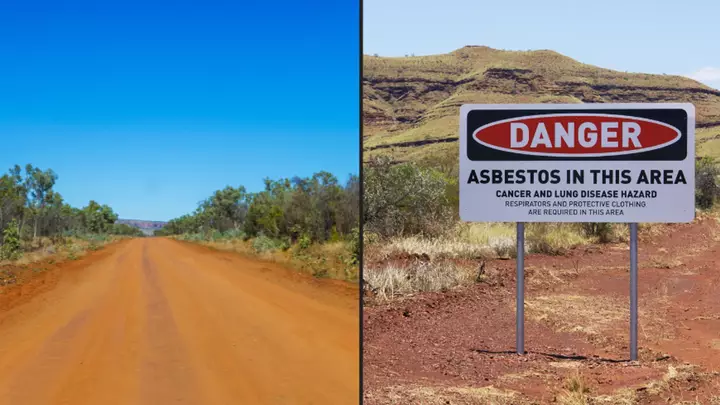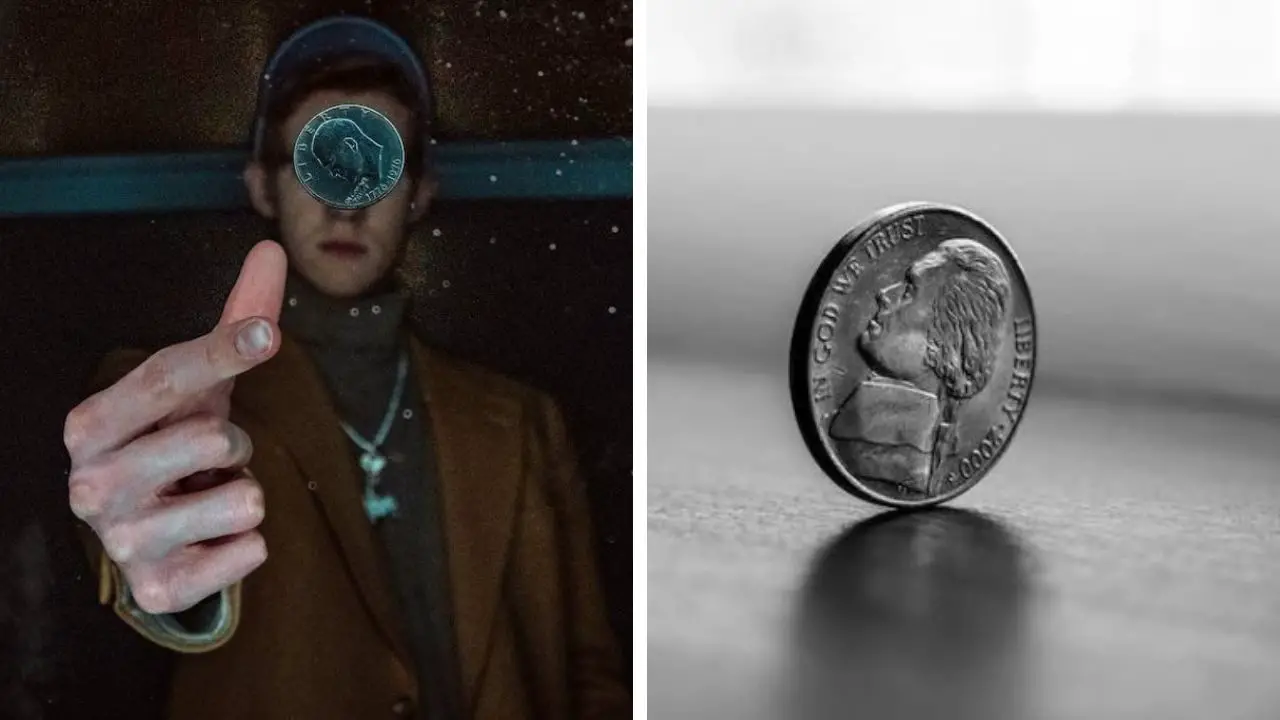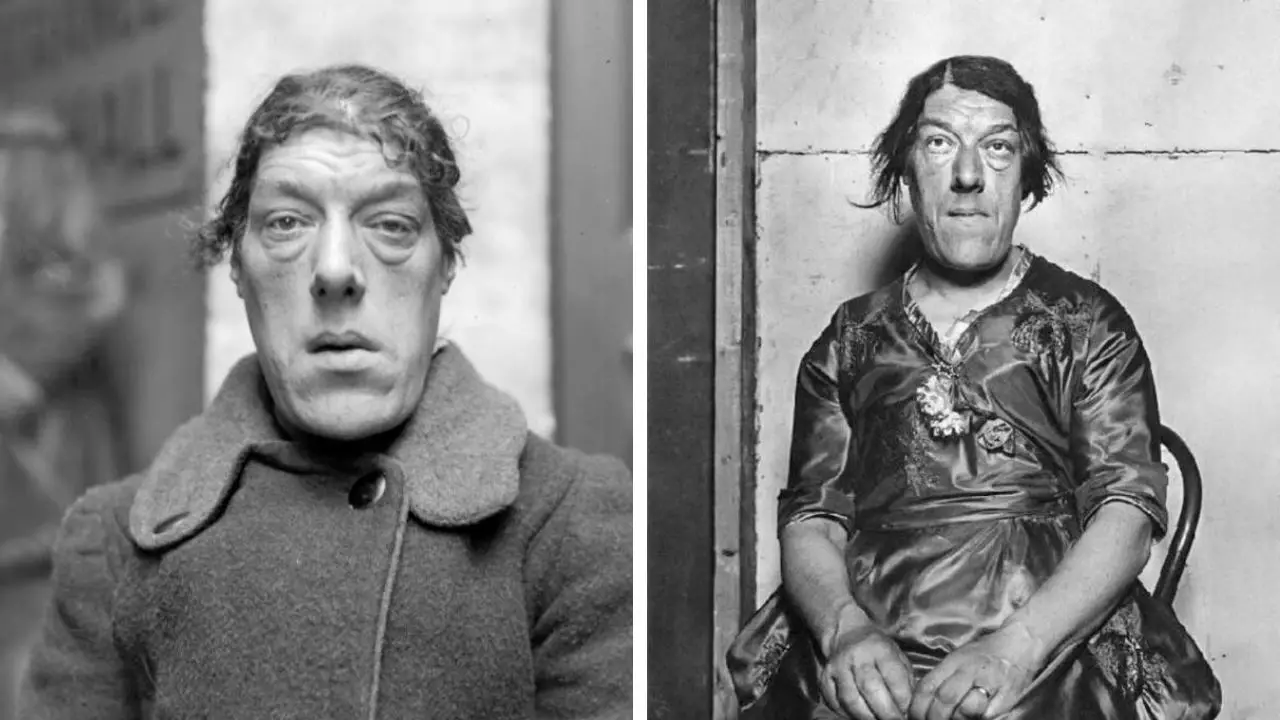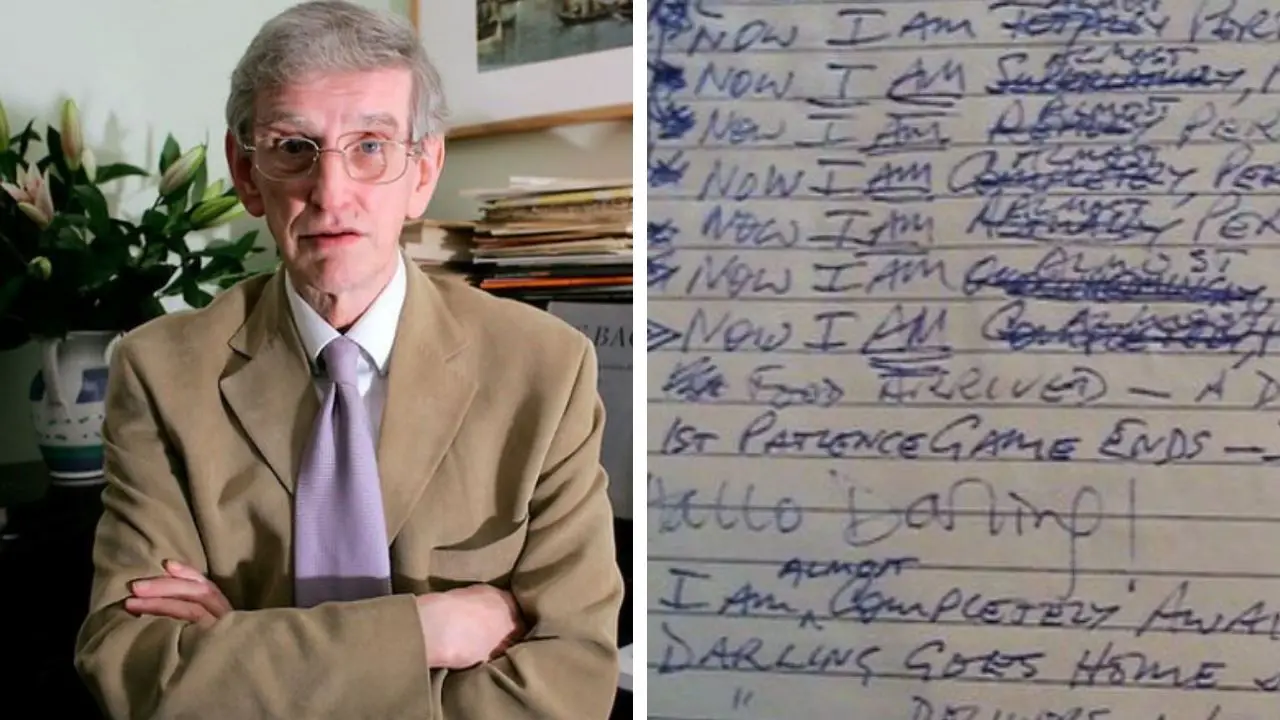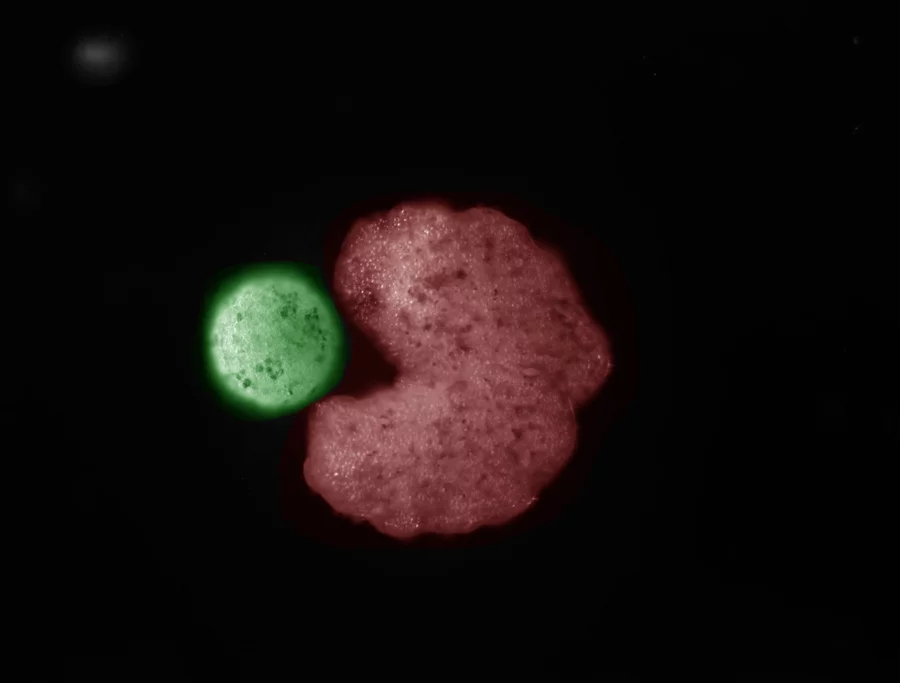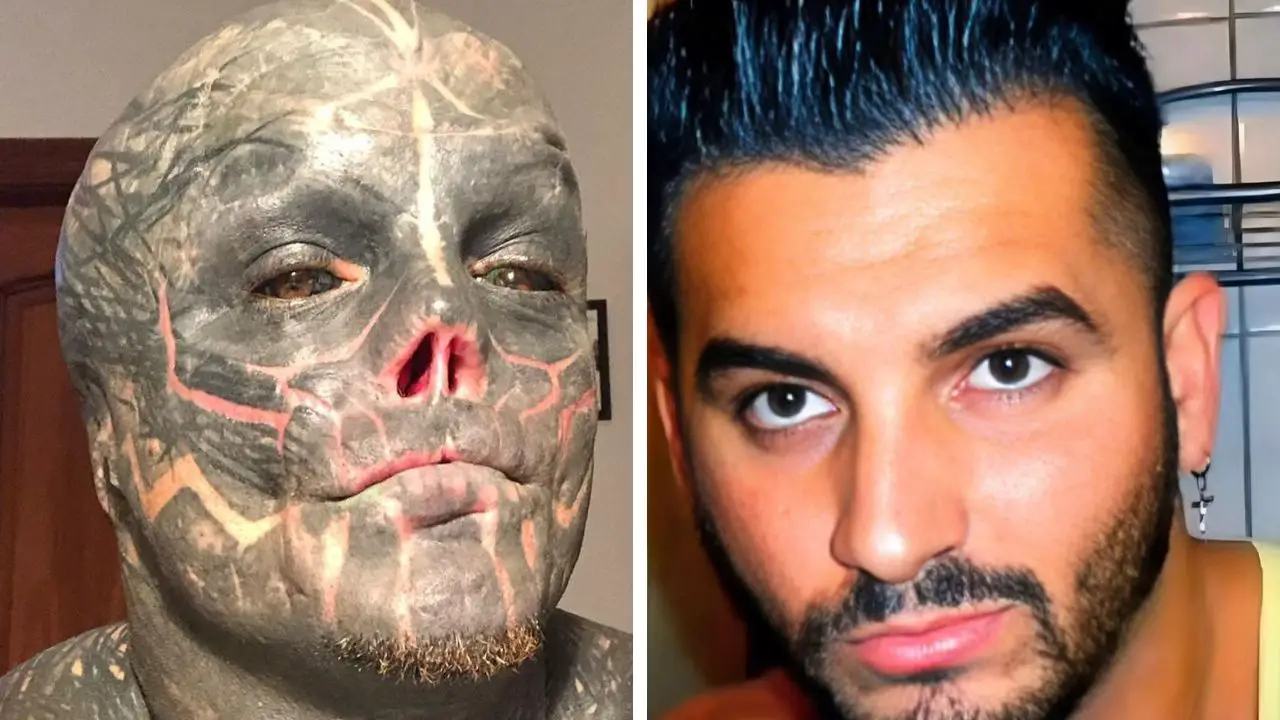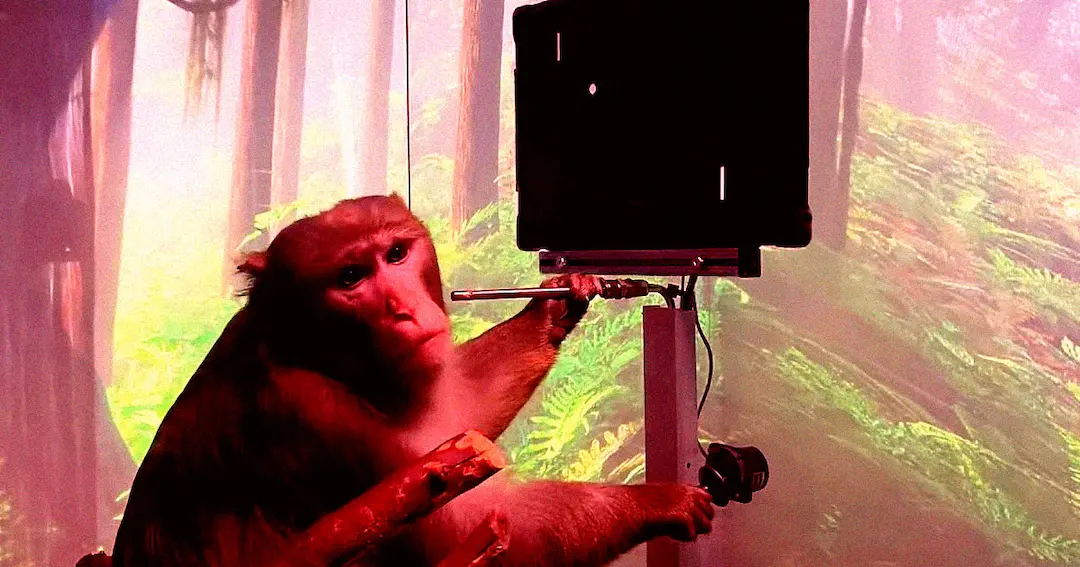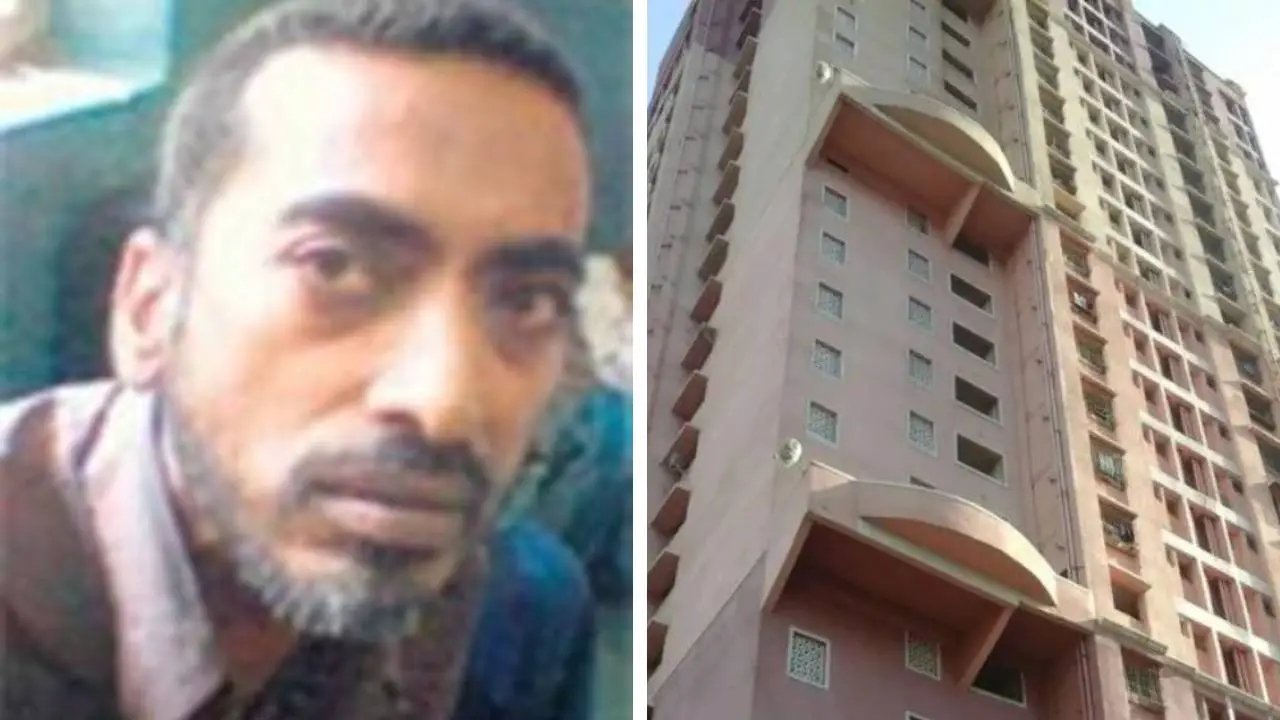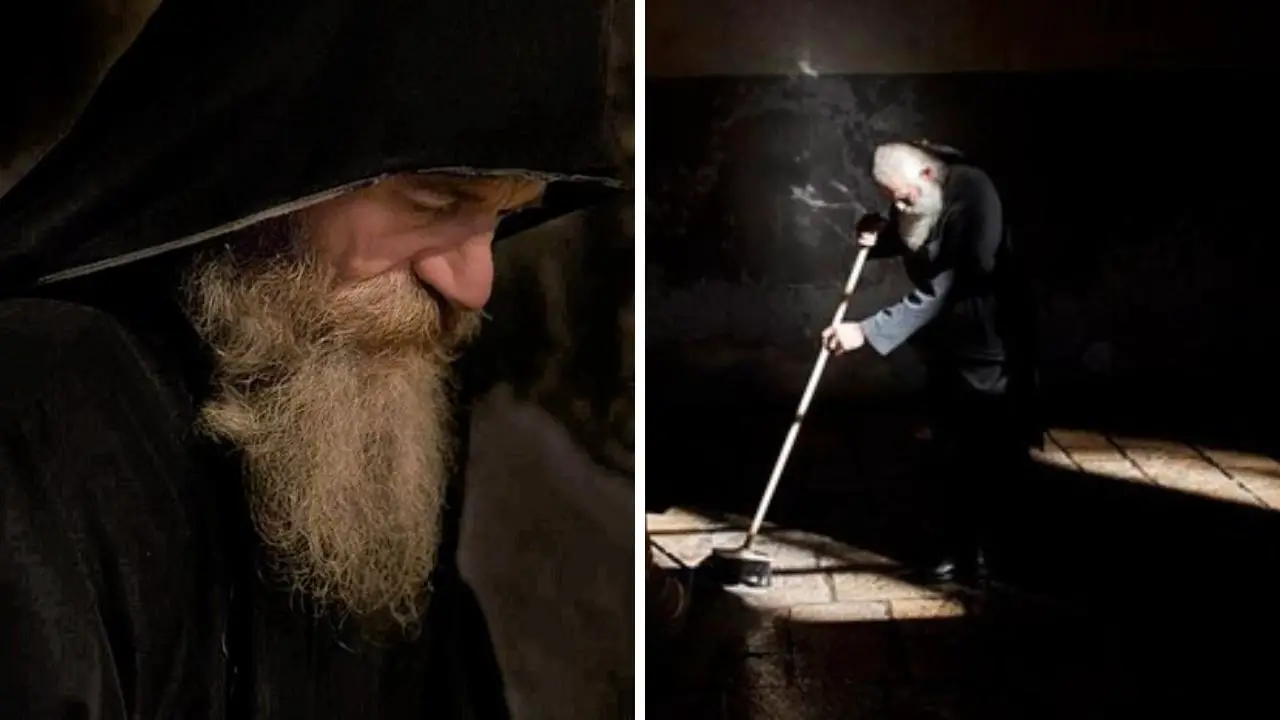Dr. Sheik Umar Khan sacrificed his life treating over 100 ebola patients
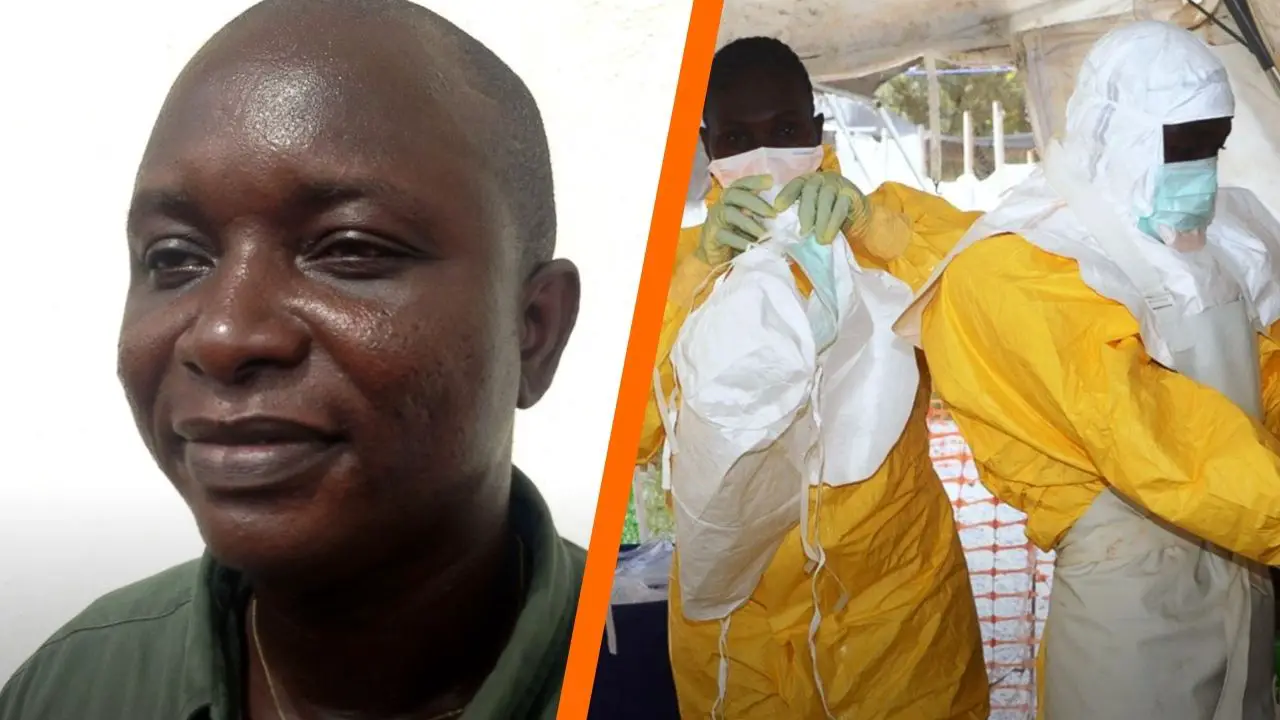
In the spring of 2014, Sierra Leone was a nation under siege. A merciless Ebola outbreak, the deadliest in history, swept through West Africa, leaving communities in despair and healthcare systems on the brink of collapse.
Amid this chaos, one man emerged as a beacon of hope: Dr. Sheik Umar Khan, a virologist whose courage and compassion defined the fight against the virus.
Hailed as a “national hero,” he treated over 100 Ebola patients, risking everything to save lives. But his story, marked by sacrifice and controversy, raises questions that linger to this day.
Born on March 6, 1975, in Lungi, Sierra Leone, Dr. Khan’s path to heroism began early.
Inspired by a German doctor who died treating Lassa fever patients in Sierra Leone, a teenage Khan vowed to follow in those footsteps.
He pursued medical training at the University of Sierra Leone’s College of Medicine and Allied Health Sciences, graduating in 2001 with degrees in medicine and surgery.
His passion for virology took him to Ghana’s Korle Bu Teaching Hospital in 2010, where he completed a residency in internal medicine at the Ghana College of Physicians and Surgeons.
There, he honed his expertise in viral hemorrhagic fevers, diseases that would define his career.
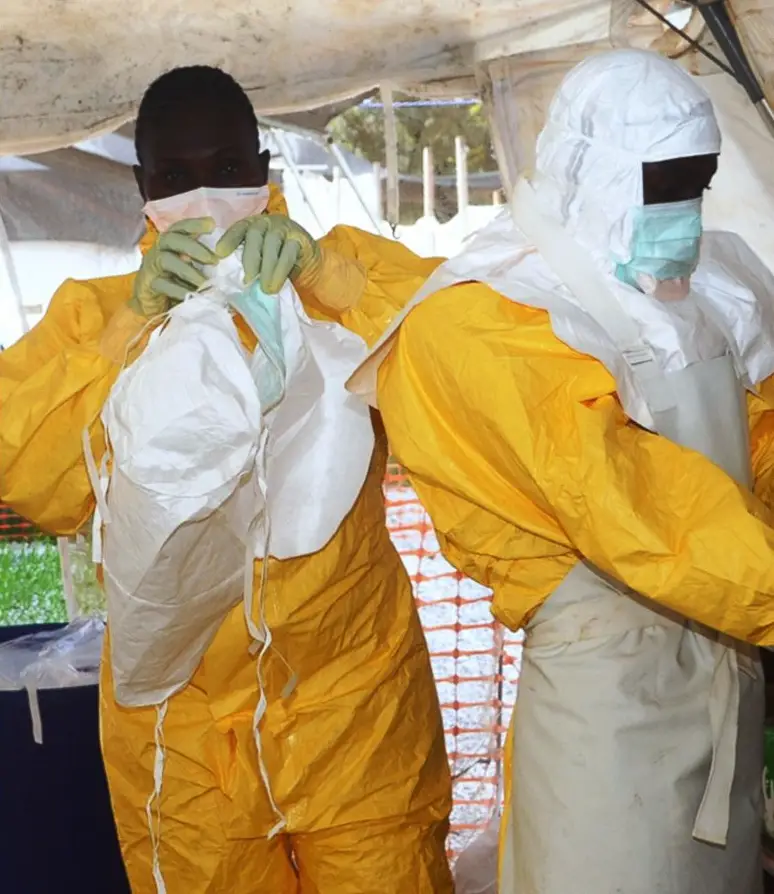
Back in Sierra Leone, Dr. Khan became the head of the Lassa fever program at Kenema Government Hospital, located 300 kilometers east of Freetown in a region with the highest Lassa fever rates in the world.
Lassa fever, a viral illness similar to Ebola, kills over 5,000 people annually in Africa. Khan’s work in this field earned him recognition as one of West Africa’s leading virologists.
His meticulous approach and deep commitment to his patients set him apart, but it was his humanity—his habit of hugging cured patients to lift their spirits—that made him beloved.
When Ebola emerged in Sierra Leone in March 2014, Dr. Khan swiftly pivoted to confront the new threat.
The outbreak, which began in Guinea and spread to Liberia and Sierra Leone, was unprecedented in its scale, eventually infecting over 28,000 people and claiming more than 11,000 lives.
Sierra Leone alone reported over 14,000 cases and nearly 4,000 deaths.
With the nation’s healthcare system already strained—lacking doctors, nurses, and basic supplies—Khan transformed his clinic into an Ebola isolation ward.
He treated over 100 patients, many of whom survived due to his expertise and care.
“Yes, of course I’m afraid of my life, mostly because I cherish my life,” he told reporters, emphasizing his rigorous use of personal protective equipment to mitigate the risks.
Despite his precautions, tragedy struck. In late July 2014, Dr. Khan tested positive for Ebola.
He was rushed to a treatment center in Kailahun, run by Médecins Sans Frontières (MSF), where he fought for his life.
The news sent shockwaves through Sierra Leone. “If even Dr. Khan can get sick, then any of us can,” healthcare workers whispered, their fear palpable.
On July 29, 2014, at the age of 39, Dr. Khan succumbed to the virus, leaving behind a grieving nation.
“It is a big and irreparable loss to Sierra Leone as he was the only specialist the country had in viral haemorrhagic fevers,” said Chief Medical Officer Dr. Brima Kargbo.
| Aspect | Details |
|---|---|
| Full Name | Sheik Umar Khan |
| Birth | 6 March 1975 |
| Death | 29 July 2014 (aged 39) |
| Education | Trained at Korle Bu; Residency at Ghana College of Physicians and Surgeons |
| Profession | Chief Medical Officer |
| Known For | Ebola isolation ward |
| Research Focus | Lassa fever, Ebola |
| Ebola Work | Treated over 100 patients; expanded clinic for Ebola patients; hugged cured patients |
| Lassa Fever Work | Long worked with Lassa fever, a disease killing over 5,000 per year in Africa |
| Recognition | Declared “national hero” by Sierra Leone’s Health Ministry and President Ernest Bai Koroma |
| Death Cause | Infected by Ebola virus despite using personal protective equipment; died in a Médecins Sans Frontières facility |
| Additional Note | Not offered ZMapp, though available; Believed Ebola not airborne, focused on contact and bodily fluids |
Dr. Khan’s death was not just a personal tragedy but a national catastrophe. As Sierra Leone’s only specialist in viral hemorrhagic fevers, his loss left a void in the country’s Ebola response.
Yet, his story took a controversial turn when it emerged that an experimental drug, ZMapp, was available but not administered to him.
Developed in Canada and tested only on animals, ZMapp was a scarce resource, and MSF doctors debated its use overnight.
They feared that giving it to Khan, a prominent figure, could spark public backlash if the untested drug failed or was perceived as causing his death.
Ultimately, they decided against it, and the doses were later sent to Liberia, where two American aid workers received them and survived.
Khan’s family and many Sierra Leoneans questioned why their hero was denied a chance at survival, igniting a debate about equity in global health crises.
Dr. Khan’s sacrifice galvanized the nation and the world.
Sierra Leone’s Health Minister Miatta Kargbo called him a “national hero” for his tireless work, a sentiment echoed by President Ernest Bai Koroma, who had planned to visit Khan’s treatment center the week after his death.
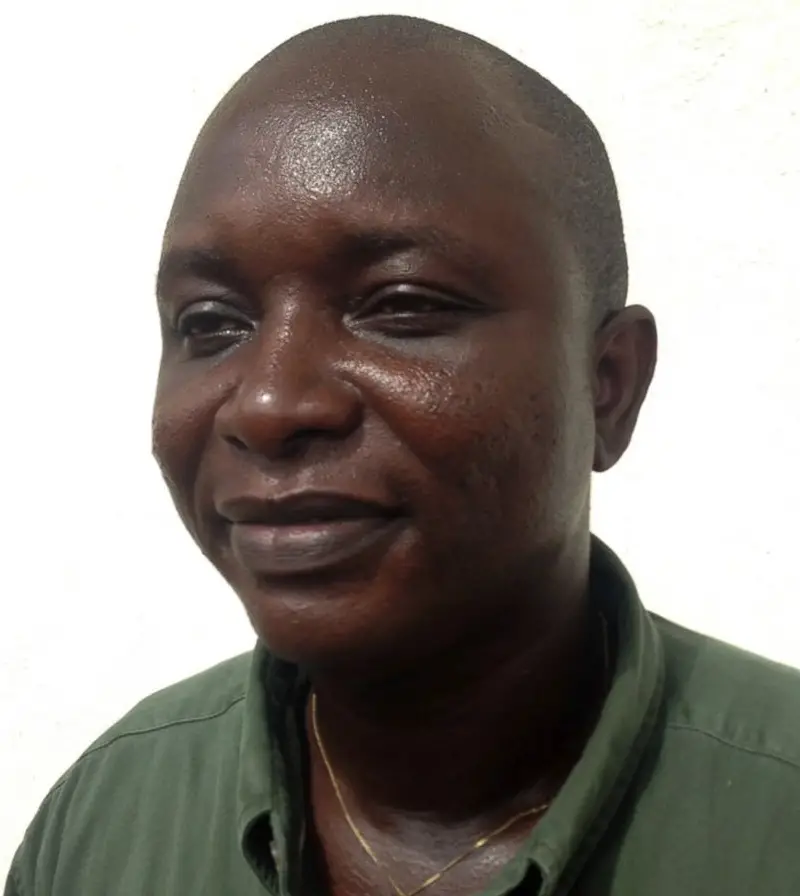
Internationally, his contributions were recognized when he was named one of Nature’s 10 “people who mattered” in 2014, alongside figures like mathematician Maryam Mirzakhani.
In 2019, asteroid 6781 Sheikhumarrkhan was named in his honor, a celestial tribute to his enduring impact.
The Ebola outbreak exposed the fragility of West Africa’s healthcare systems.
Poor roads, overcrowded housing, and widespread mistrust—some believed Ebola was a government myth to steal organs—complicated containment efforts.
Healthcare workers were particularly vulnerable, as the virus spread through bodily fluids like sweat and saliva.
Dozens of medics, including Mbalu Fonnie, the chief nurse of Kenema’s Lassa fever ward, also died of Ebola.
Fonnie, a Lassa fever survivor herself, had been a cornerstone of the program since 1981.
The loss of Khan, Fonnie, and others underscored the immense risks faced by those on the front lines.
Watch: How doctors protect themselves from the Ebola virus
Dr. Khan’s legacy extends beyond his medical achievements. His life inspired a generation of healthcare workers and researchers.
“He was a remarkable man, and Sierra Leone lost a national hero,” said Dr. Ian Crozier, an American physician who worked alongside him.
His research on Lassa fever and Ebola continues to inform global health strategies, and his story serves as a call to action to strengthen healthcare systems in vulnerable regions.
As we reflect on Dr. Sheik Umar Khan’s life, we are left with a profound question: How do we honor the sacrifices of those who risk everything to protect us?
His courage, compassion, and unwavering dedication remind us that heroes walk among us, often at great personal cost.
In the annals of medical history, Khan’s name shines as a symbol of hope, urging us to support and protect those who stand on the front lines of global health crises.
What more could his story teach us about the fight against future pandemics?


